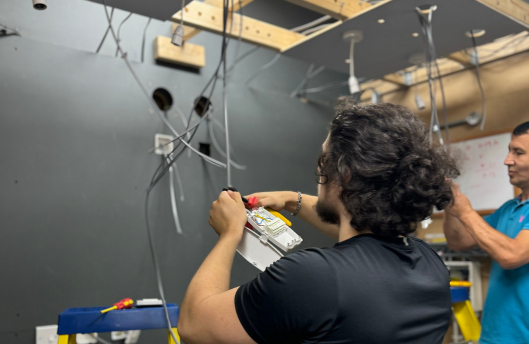A recent survey by uSwitch.com has found that too many people are overheating their homes this winter, while others have no choice but to ration heat to save money on fuel bills.
For Peter Thom, managing director of Green Heat, the statistics are worrying:
“This latest research suggests 11 million Britons will overheat their homes this winter, together adding at least £1.4 billion to annual energy bills. This is a wake-up call to just how much energy is being wasted in homes up and down the country.”
“According to the survey, 25% of consumers in the region of East Anglia will turn up their thermostats to above 21°C – higher than the average June temperatures of Barcelona.”
“Many people wrongly believe that turning up the temperature setting when it’s colder outside will heat up their home quicker – this survey found that more than half of people are doing this. But this just wastes energy and will hike up your fuel bill. The house will heat up to the set temperature; this might take a little longer on colder days, but turning that dial is a costly and unnecessary move. Moving it up by just 1°C can increase your energy bill by 10%, which could mean an extra £60 a year.”
Installer help
You can help your customers waste less money on their heating by making sure their boilers work properly with an annual service. We’ve recently launched a boiler and heating controls fault finding training course, which covers everything gas installers need to know to test for faults on central heating systems.
While you’re there, why not provide some advice on efficient heating and cutting fuel bills?
- Set thermostat to correct temperature – Energy Savings Trust (EST) recommends 18-21⁰C. “Moving it up by just 1°C can increase your energy bill by 10%, which could mean an extra £60 a year” says Peter Thom.
- Draught-proofing – the EST estimates draught-proofing your home can save up to £50 on your annual heating bills. It’s easy and cheap, and necessary with all this windy weather we’ve had lately!
- Insulation – 96% of fuel poor homes are poorly insulated, so making sure your customers’ homes are adequately insulated will help them get the most out of their heating.









